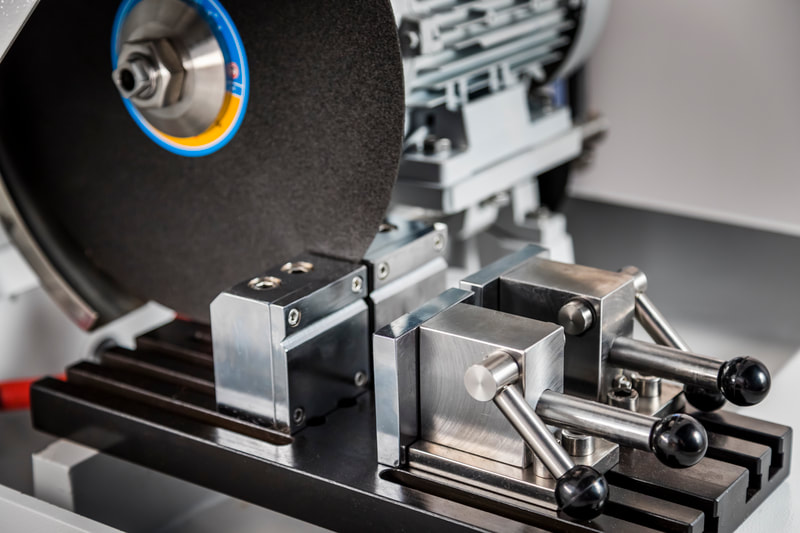
Standards
International casting standards are criteria determined for the parts produced in the casting sector to meet the quality, reliability and performance requirements. These standards are developed by organizations such as the American Society for Testing and Materials (ASTM), the International Standards Organization (ISO) and the German Standards Institute (DIN) and define the properties of casting parts such as chemical composition, mechanical properties and durability. Thanks to these standards determined for different types of materials such as cast iron, steel and special alloys, quality assurance is provided in global trade while the long life and reliability of the products used in various sectors are guaranteed.
The casting industry produces according to specific quality and reliability standards to meet the needs of different sectors around the world. These standards are applied to control the chemical composition, mechanical properties, dimensional accuracy and durability of the castings. By defining these properties, international casting standards allow casting manufacturers and users to communicate in a common language and help meet the safety and quality requirements in different sectors.
Prominent Organizations in Setting Standards
International casting standards are set by many different organizations. Prominent organizations include the American Society for Testing and Materials (ASTM), the International Organization for Standardization (ISO), the German Institute of Standardization (DIN), and the Japanese Standards Association (JIS). ASTM provides a wide range of standards, particularly for alloys such as cast iron, steel, and aluminum. ISO, more generally, works to achieve global harmonization by establishing common standards for various materials and industries. These organizations define the minimum requirements for maintaining the quality, durability, and safety of casting materials.
Cast Iron and Steel Standards
There are a variety of standards for cast iron and steel products. For example, ASTM A48 and ASTM A536 are standards aimed at providing mechanical properties, hardness and durability in cast irons. While ASTM A48 determines the classification and requirements of gray cast irons, ASTM A536 defines the mechanical properties required for spheroidal graphite cast irons. Thanks to these standards, properties such as strength and flexibility of cast irons are determined and reliable products are provided to users.
Alloy and Special Material Standards
Alloys and special materials used in the casting sector are also produced in accordance with international standards. Alloys containing nickel, chromium and copper in particular must be produced in accordance with the components specified under standards such as ASTM, ISO or EN. These standards define the properties of the alloys such as chemical composition, wear and corrosion resistance. Products such as high chromium white cast irons and Ni-Hard alloys, which are used in particularly corrosive environments, must be produced in accordance with the specified standards. In this way, the long life and durability of the parts used in different industries are ensured.
Auditing and Quality Control Requirements
International casting standards also specify quality control and inspection requirements at every stage of the production process. Manufacturers must check the chemical analysis, dimensional accuracy, surface roughness and hardness of castings in accordance with the standards. These checks can be done by methods such as ultrasonic testing, radiographic testing or magnetic particle testing. The standards make these tests mandatory to ensure that castings have a flawless structure and are reliable in long-term use.
The Importance of Standards in Global Trade
International casting standards are of great importance in global trade. By complying with the standards, manufacturers and users in different countries can evaluate products with a common understanding of quality and reliability. These standards ensure compatibility in export and import transactions, increase quality assurance on a global scale and make products more competitive in the market. Compliance with the standards increases quality in the casting industry, allowing users to offer reliable, durable and long-lasting products that they need.
